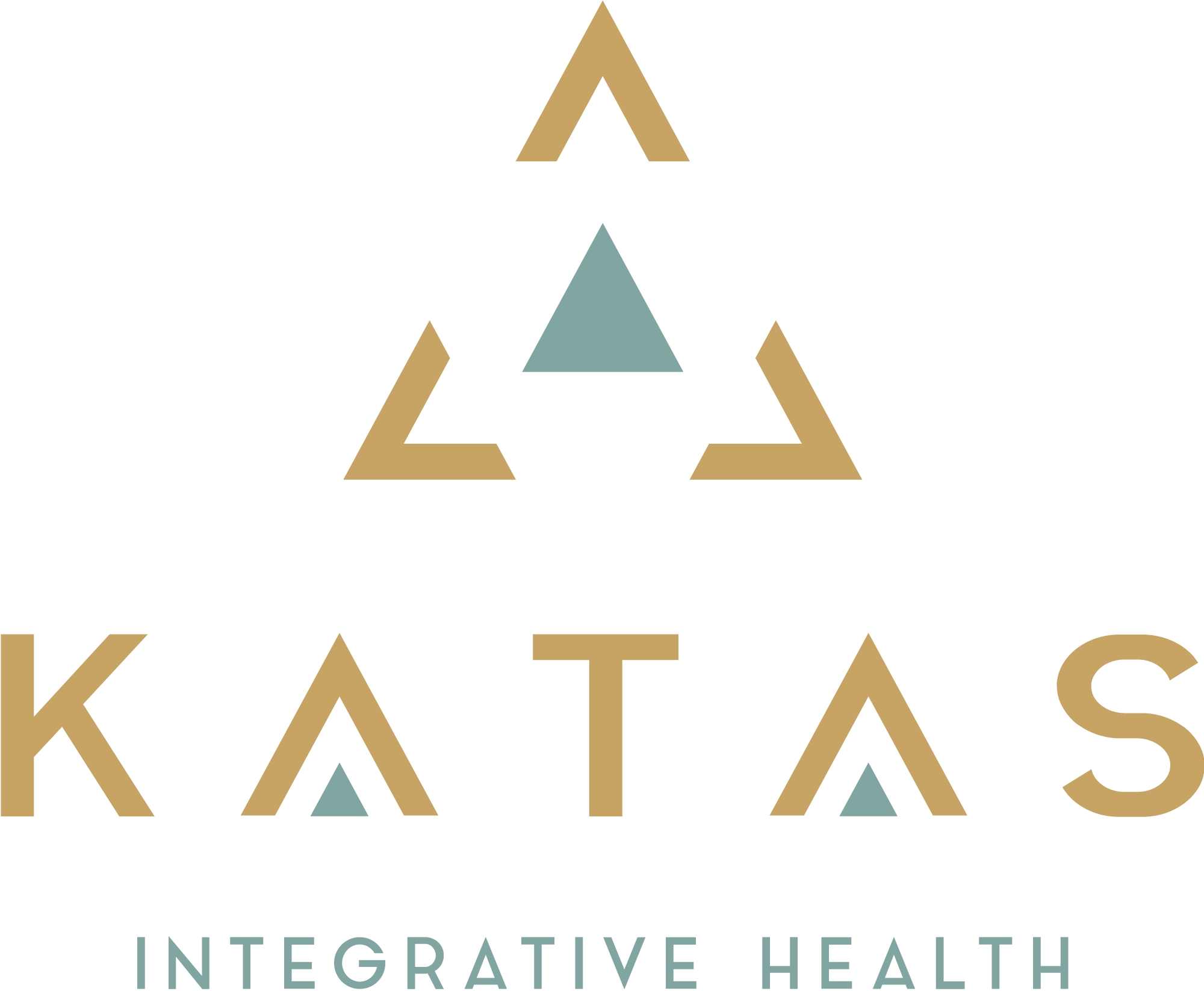
Photo by Emiliano Vittoriosi
Joint Health
When we think of our joints and keeping them healthy, we forget that our spine is made up of joints. There are two facet joints to every vertebral body, linked together by intervertebral discs. Disc health is very similar to joint health in that they both require movement to keep them healthy.
Spinal joints and discs need nutrients to stay healthy and function effectively, which is true of our entire bodies. Our spinal discs aren’t able to absorb water and nutrients the same way that the rest of the body does, however. Most tissues receive nutrients and remove their metabolic waste via the blood supply. Unlike the rest of the body, spinal discs receive water and nutrients by way of “imbibition.” Imbibition happens when movement forces fluids in and out of the discs. This is why the movement is so important!
Try thinking of your spinal discs as a dirty sponge. You need to take that sponge and squeeze it to get the dirty water out. Then you need to release the pressure to allow clean water to fill the sponge. Simply put, the well-being of your spine depends on movement.
Less mobility leads to loss of spinal fluids, which leads to disc degeneration and, ultimately, significant loss of motion between discs. Once motion is lost, degeneration will occur more quickly. This issue of dehydration leads to the shrinking of the discs (loss of disc height), which can cause chronic pain and accelerate degeneration.
Keeping the body hydrated is crucial since spinal fluids deliver nutrients, maintain disc lubrication, and remove waste products. The average vertebral disc is about 90% water. As we lose water throughout the day, the disc shrinks. During sleep, most of the disc is replaced, but only if you are adequately hydrated.
Treatment Options
Research indicates that regular chiropractic adjustments, spinal decompression, exercise, and proper nutrition aids in the repair of disc damage, without the need for pharmaceuticals or surgery.
However, spinal discs heal more slowly than the rest of the body. While patients will experience pain relief in a few sessions with chiropractic care, the discs themselves take longer to heal. Be patient, trust the process, and remember prevention is key!
Schedule an appointment soon.


